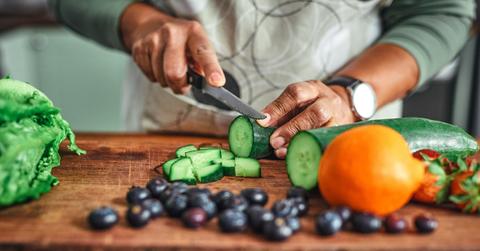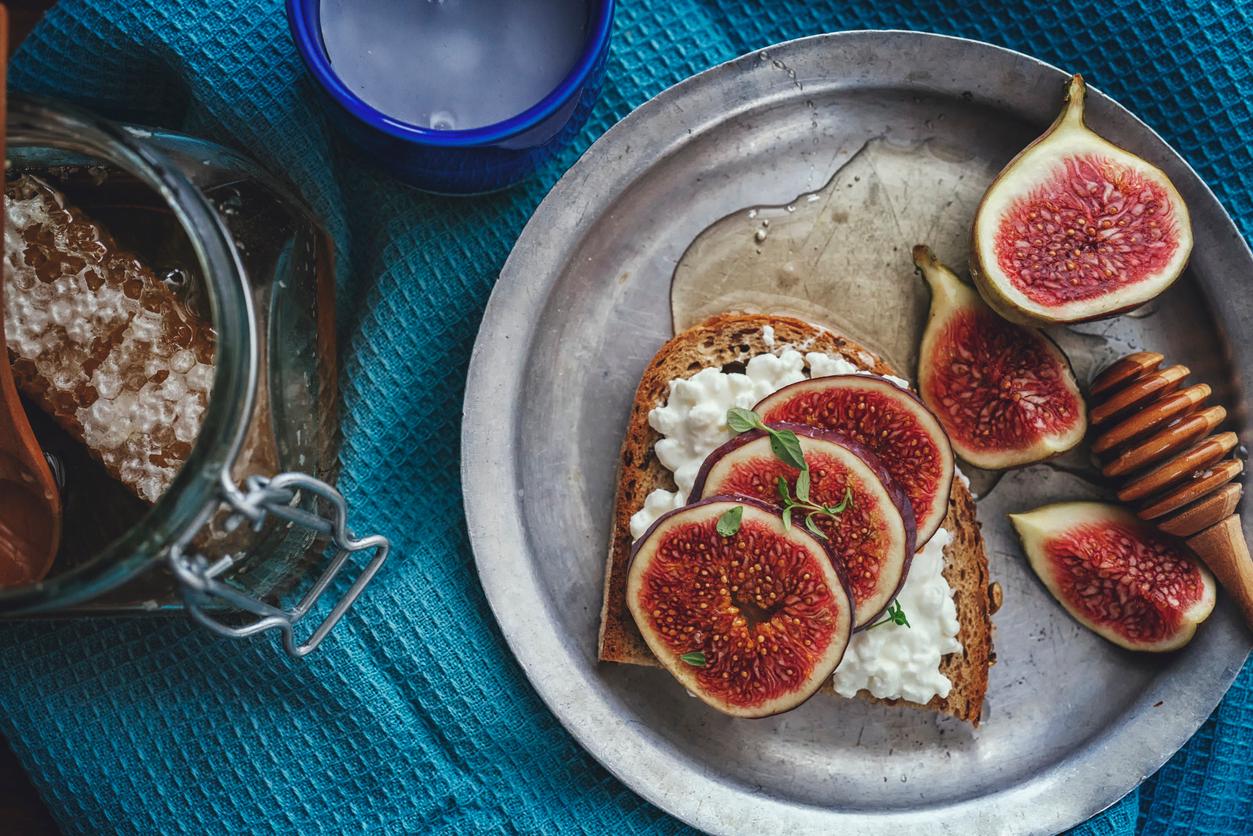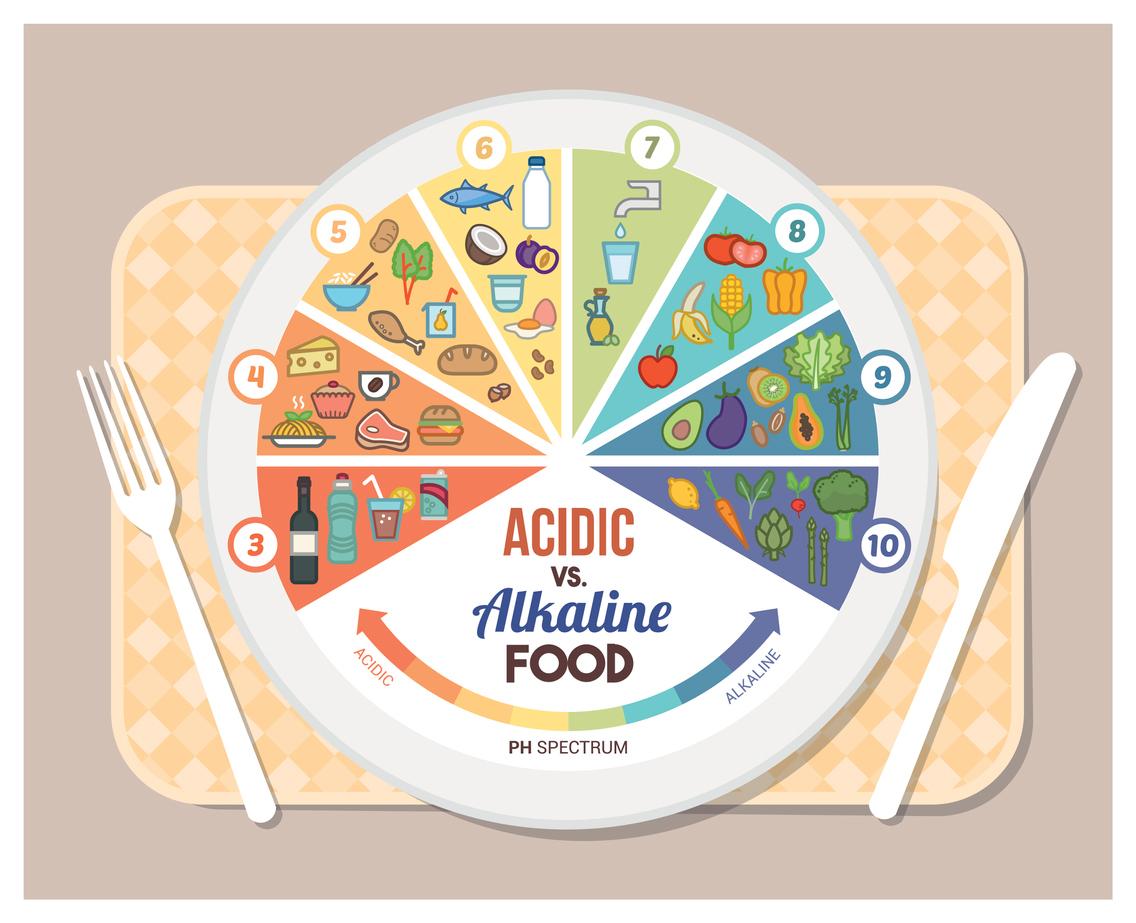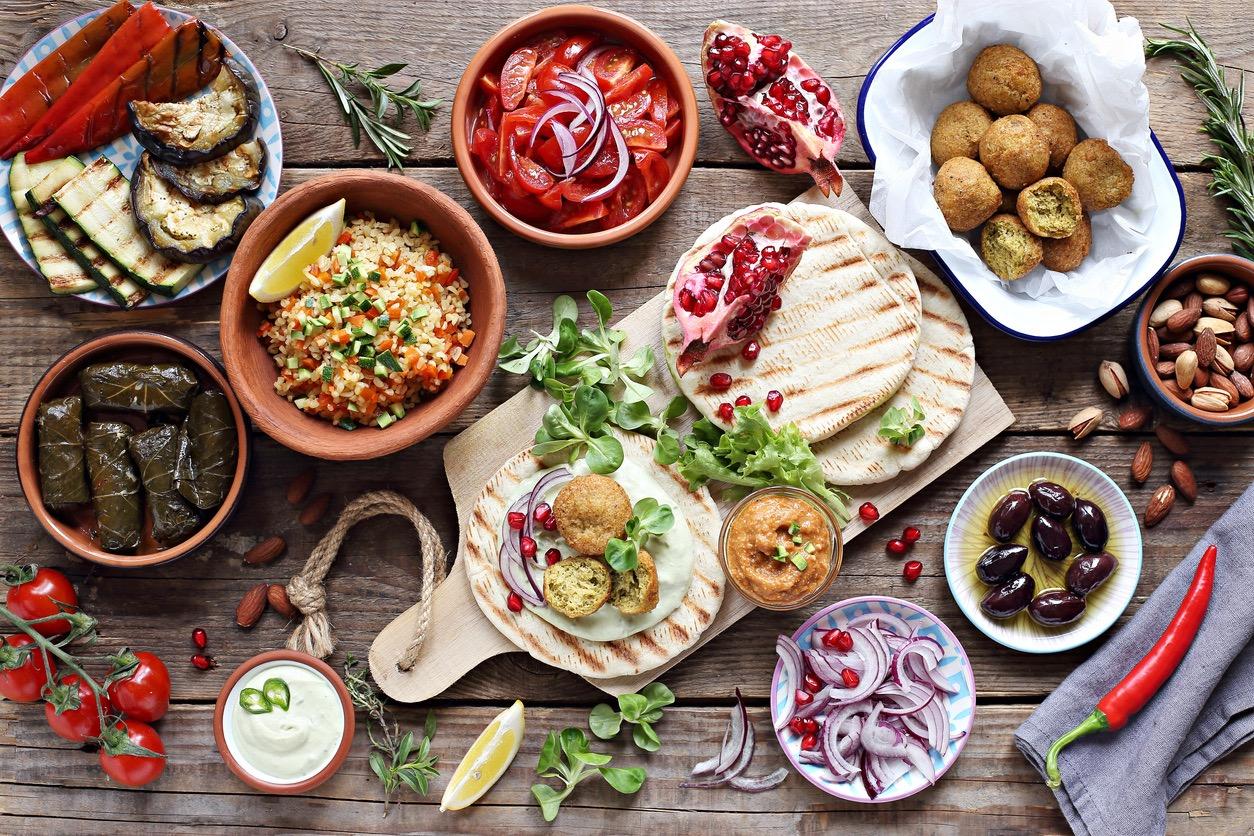Is There an Ideal Diet for Cancer Prevention? Here’s What We Found
Published March 23 2023, 1:27 p.m. ET

What we eat on a daily basis can be very personal — we all eat (or avoid) certain foods for different reasons. But for the most part, we all share one common piece of knowledge: We need to consume nutritious foods.
Some might even believe that certain foods or diets are ideal for cancer prevention due to their known health benefits or properties.
We know that nutrient-dense foods can give us more energy and increase our quality of life, but can specific diets prevent cancer?
Keep reading for a look into a few diets that are believed to help prevent cancer — that said, do not take anything in this article as medical advice, and make sure to speak with a doctor regarding any major diet changes.
The Budwig diet

According to Cancer Research UK, the Budwig diet consists of eating a combination of flaxseed oil, cottage cheese, and low-fat milk (yes, all mixed together), as well as fruits, veggies, and other fiber-rich foods. The following items are off-limits: Other dairy products, sugar, refined or hydrogenated oils, refined grains and cereals, shellfish, pork, cold meats, tea, and coffee.
This is believed to prevent cancer due to the omega-3 fatty acids available in flaxseed. A study from the National Institutes of Health (NIH) found that the nutrient could potentially act as a protectant against cancer, but more research is needed. Overall, there is no evidence that suggests the Budwig diet can prevent cancer.
The alkaline diet

The alkaline diet is based on the idea that cancer cells can’t survive in an alkaline environment, whereas they might thrive in an acidic one. This means that people following this diet are only supposed to consume alkaline foods such as vegetables, fruits, and seeds.
A common criticism of this diet is that it encourages the avoidance of some foods that are healthy, despite their acidity. For example, the American Institute for Cancer Research explained that whole grains, beans, and acidic vegetables like carrots are very healthy, yet according to the alkaline diet, they aren’t to be consumed.
As for the main claim that eating alkaline foods will prevent cancer, this just isn’t true.
The American Institute for Cancer Research sums up the evidence: “Your body is very good at maintaining its pH levels, without dietary influence. It would be nearly impossible to alter the cell environment to create a less-acidic environment in our bodies.”
So you can give the diet a try if you want, but it’s not guaranteed to protect against cancer.
The Mediterranean diet

The Mediterranean diet is not new or unheard of by any means — in fact, it’s one of the most evidence-backed diets out there.
According to the National Foundation for Cancer Research, whole grains, vegetables, fish, olive oil, nuts, and legumes are all staples of the Mediterranean diet. Studies found that this regime is linked to “a reduced risk of overall cancer mortality as well as a reduced risk of several cancer types.”
As always, you should consult your doctor for professional medical advice.
A plant-based diet
Some medical experts believe that a varied, whole foods, predominantly plant-based diet — filled with fruits, veggies, whole grains, beans, and more — can help prevent cancer.
“Each of these food groups have been associated with a significantly lower risk of cancer due to the high-fiber content and high levels of antioxidants and anti-inflammatory compounds,” Shireen Kassam, MBBS, Ph.D, a plant-based nutrition expert from the University of Winchester told Forks Over Knives.
Here’s what Harvard recommends in terms of a diet to prevent cancer:
Perhaps one specific diet might not be the answer to cancer prevention, but the idea of limiting and adding certain foods is certainly not wrong.
The Harvard School of Public Health recommends limiting the following: Alcohol, fast foods, red and processed meat, and sugar (specifically sweetened drinks). The consumption of alcohol and processed meats have both been linked to specific types of cancer. And when it comes to eating fast food and sugar, Harvard explained that it can lead to obesity, which in turn, increases the risk of cancer.
On the other hand, incorporating whole grains, beans, vegetables, and fruit into your diet is a good thing. Harvard explained that the addition of whole grains and fiber specifically can help prevent weight gain, obesity, and colorectal cancer, all of which are known to increase cancer risk.
Everyone’s cancer risk is different because of factors such as genetics, lifestyle, and environmental exposures, according to Harvard. This means that two people can follow the same exact diet and end up with different results — you could do everything Harvard recommended and still get cancer.
Of course, you shouldn’t just throw caution to the wind. To live your healthiest life, it’s best to talk to your doctor and figure out a plan that works best for you.
Again, this article is not professional medical advice. Please consult your physician for personalized recommendations or treatments.